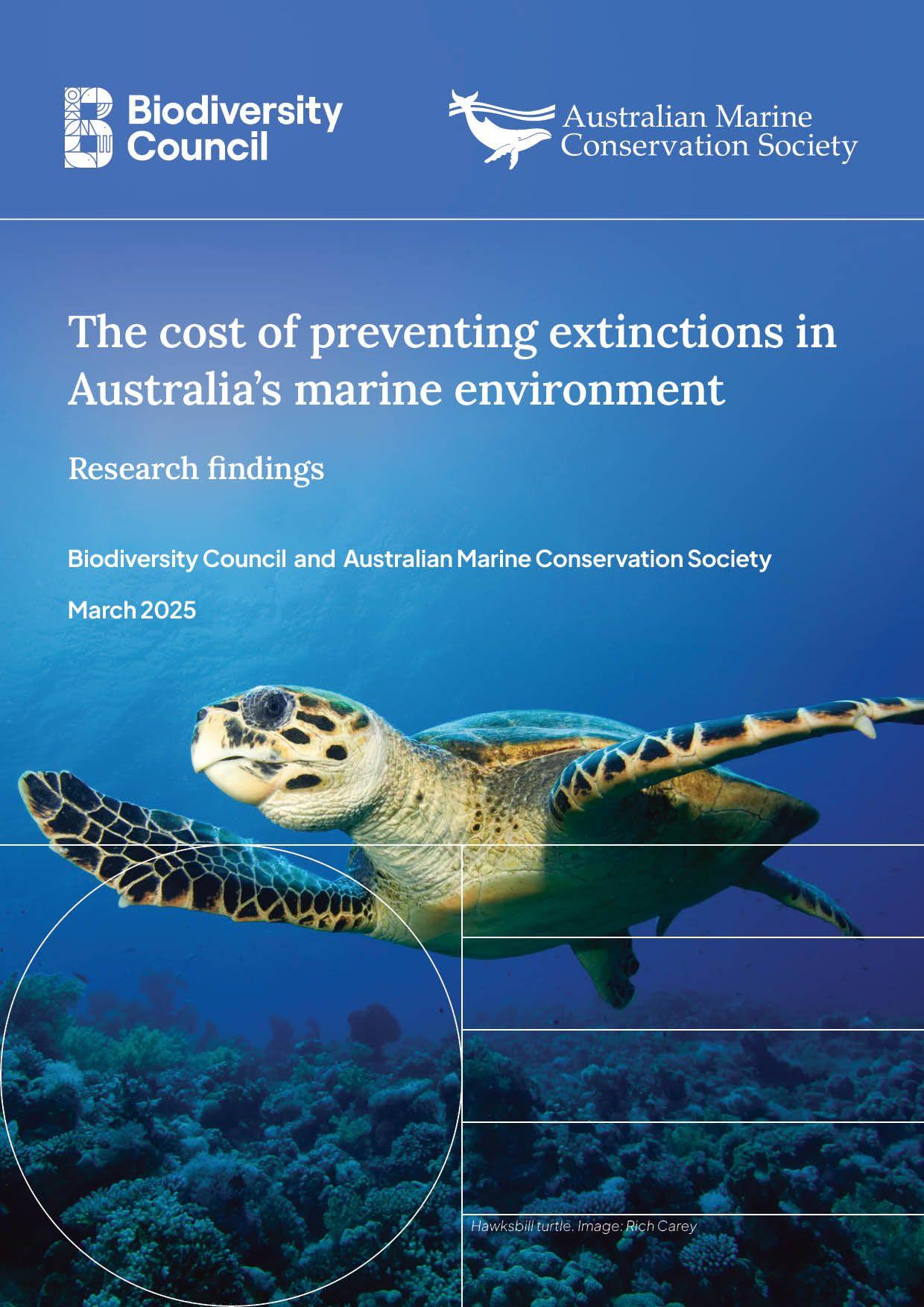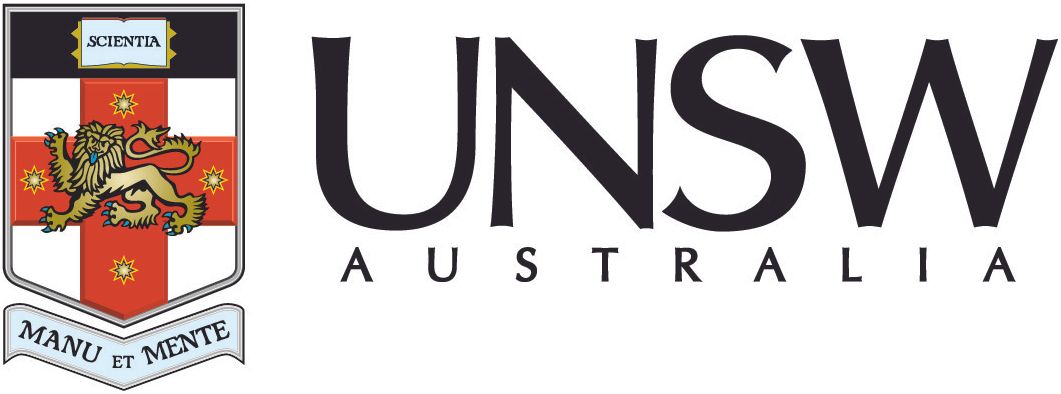
Image source: richcarey iStock
The cost of preventing extinctions in Australia’s marine environment
Report
31 March 2025

This report summarises the results of the first-ever assessment of the annual government expenditure required to meet the Australian Government’s commitment to prevent extinctions in marine environments.
The research was undertaken by a team of environmental scientists at the University of Melbourne’s Melbourne Biodiversity Institute. The research was supported by the Australian Marine Conservation Society and Biodiversity Council.
All costs are given in 2024 Australian dollars.
Key Findings
Marine environments and the ocean industries that they underpin support 462,000 jobs in Australia and contribute $150 billion to the Australian economy each year.
Many Australian marine ecosystems and species are rapidly declining. Australia currently has 95 marine species that are listed as threatened with extinction under Australian environmental law.
Every Australian Government over the past 10 years has committed to preventing extinctions and recovering threatened species, but the cost of achieving this objective has not previously been costed for marine species.
This study found that Australia needs to invest $340 million per year in order to deliver effective marine threatened species conservation programs to prevent extinctions and recover species.
Australian policy approaches to threatened species management, including funding approaches, are failing to curb threatened species declines. In contrast, the Endangered Species Act 1973 (US) and supporting programs are effective, with more than 100 marine and non-marine species delisted or having their threat status downgraded due to recoveries.
Effective aspects of the Endangered Species Act 1973 (US) that could be applied in Australia to improve outcomes include: 1) all listed threatened species have a mandatory allocation of funding for recovery actions, and 2) transparent public annual reporting of spending on each threatened species.
The Australian Government currently expends only one thousandth (0.1%) of the federal budget on conservation action.
Other research has found that Australian Government spending on the environment would need to be lifted to 1% (1/100) of the budget in order to adequately support threatened species recovery and the restoration of degraded lands and waters. The results of this marine-focused study align with that conclusion.
Please download the report for more details.
How to cite this material: Biodiversity Council and Australian Marine Conservation Society (2025). The cost of preventing extinctions in Australia’s marine environment. March 2025. Report. Melbourne, Australia.














